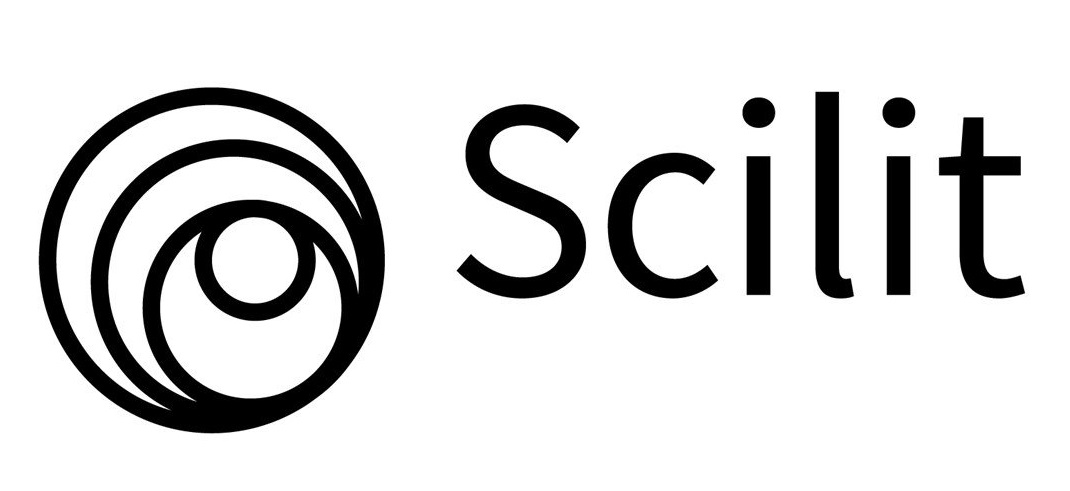إنشاء المعرفة باستخدام الذكاء الاصطناعي بين القبول والرفض كأداة لتعزيز التعلم القائم على المشاريع وأداء الأساتذة في قطاع التعليم العالي الخاص في مصر
DOI:
https://doi.org/10.70000/cj.2024.73.621الكلمات المفتاحية:
الذكاء الاصطناعي، أعضاء هيئة التدريس، إدارة الوقت، الاستدامة الاجتماعيةالملخص
تهدف هذه الدراسة إلى اختبار فعالية الذكاء الاصطناعي الذي أخذ منعطفًا جديدًا بعد ChatGPT كأداة للاستدامة الاجتماعية للأكاديميين في قطاع التعليم العالي الخاص المصري. تعكس الرقمنة كثافة استخدام الذكاء الاصطناعي في تحسين أداء الأساتذة وانعكاس ذلك على جودة حياتهم. علاوة على ذلك، فإن درجة التيسير والتقدم يمكن أن توفر للمعلمين أفضل تجربة تعليمية يمكنهم تقديمها للطلاب.
تعتمد هذه الدراسة على نظريتين وخلفياتهما. الأولى هي نظرية التعلم القائم على المشاريع كأداة لتحسين جودة التعليم باستخدام الذكاء الاصطناعي. والثانية هي قانون مارتيك، وهو اشتقاق لقانون العوائد المتسارعة.
تتناول هذه الدراسة افتراضين رئيسيين، الأول هو: استخدام الذكاء الاصطناعي كأداة يمكنها تسهيل وتعزيز وتوفير مجموعة متنوعة من الطرق للأساتذة لإشراك طلابهم عبر الإنترنت وفي الفصل الدراسي.
والثاني يعتمد على قياس درجة الفعالية والتقدم في الأداء التي يراها الأساتذة في استدامتهم الاجتماعية.
سيتم قياس تجربة الطلاب المحسنة من خلال معدلات حضورهم ومشاركتهم. سيتم قياس مقدار التأثير على التعلم القائم على المشروع من خلال درجة اعتماد الأساتذة على أساليب التعلم الرقمية واعتمادهم على استخدام الذكاء الاصطناعي في بنائها. سيتم توفير البيانات من قبل الأساتذة من خلال استبيان مُصمم.
سيتم قياس الاستدامة الاجتماعية للأستاذ من خلال الوقت الجيد الذي تم توفيره والتقدم الوظيفي المرتبط بذلك.
تعتمد عملية جمع البيانات على اختبار أعضاء هيئة التدريس في 4 جامعات خاصة في منطقة القاهرة الكبرى. تم إجراء مسح مقطعي على لقطة واحدة في الوقت.
أظهرت النتائج أننا قبلنا الفرضيات وأن هناك صلة قوية بين المتغيرات.
المراجع
Brinker, S. (2024). Martec’s Law: the greatest management challenge of the 21st century. Retrieved from Martec's Law: the greatest management challenge of the 21st century - Chief Marketing Technologist (chiefmartec.com)
Chang, C.-Y., Lai, C.-L., Hwang, G.-H., Lin, H.-C., & Panjaburee, P. (2022). Effects of online strategies on students’ learning performance, self-efficacy, self-regulation and critical thinking in university online courses. Educational Technology Research and Development, 70(1), 185–204. https://doi.org/10.1007/s11423-021-10071-y
Charow, R., Mattson, J., Younus, S., Jackson, E., Lalani, N., Gillan, C., Williams, S., Dolatabadi, E., Al-Mouaswas, D., Anderson, M., Haghzare, S., Clare, M., Balakumar, S., Peteanu, W., Wiljer, D., Dhalla, A., Waldorf, J., Jeyakumar, T., Tavares, W., … Salhia, M. (2021). Artificial Intelligence Education Programs for Health Care Professionals: Scoping Review. JMIR Medical Education, 7(4), e31043. https://doi.org/10.2196/31043
Eskerod, P. (2020). A Stakeholder Perspective: Origins and Core Concepts. https://doi.org/10.1093/acrefore/9780190224851.013.3
Fan, J., Zhou, L., Yao, X., Wang, C., & Wood, J. (2022). Food-delivery behavior under crowd sourcing mobility services. Journal of Traffic and Transportation Engineering (English Edition), 9(4), 676–691. https://doi.org/10.1016/j.jtte.2022.07.001
Kasneci, E., Gasser, U., Kasneci, G., Seidel, T., Stadler, M., Kutyniok, G., Pfeffer, J., Küchemann, S., Schmidt, A., Michaeli, T., Dementieva, D., Groh, G., Sailer, M., Hüllermeier, E., Günnemann, S., Nerdel, C., Fischer, F., Sessler, K., Poquet, O., … Kühn, J. (2023). ChatGPT for good? On opportunities and challenges of large language models for education. Learning and Individual Differences, 103, 102274. https://doi.org/10.1016/j.lindif.2023.102274
Mathur, V. N., Price, A. D. F., & Austin, S. (2008). Conceptualizing stakeholder engagement in the context of sustainability and its assessment. Construction Management and Economics, 26(6), 601–609. https://doi.org/10.1080/01446190802061233
Purcărea, Theodor. (2019). Marketing's Re-innovation in Terms of Will and Skill. 9. 28-43.
Rosiński, J. (2023). The role of education in sustainable development (pp. 218–234). https://doi.org/10.4324/9781003379409-20
Sachs, S., & Kujala, J. (2021). Stakeholder Engagement in Management Studies: Current and Future Debates. https://doi.org/10.1093/acrefore/9780190224851.013.321
Selenko, E., Shoss, M., Restubog, S. L. D., Bankins, S., & Warburton, J. (2022). Artificial Intelligence and the Future of Work: A Functional-Identity Perspective. Current Directions in Psychological Science, 31(3), 272–279. https://doi.org/10.1177/09637214221091823
Topol, E. J. (2019). High-performance medicine: the convergence of human and artificial intelligence. Nature Medicine, 25(1), 44–56. https://doi.org/10.1038/s41591-018-0300-7
Wiljer, D., & Hakim, Z. (2019). Developing an Artificial Intelligence–Enabled Health Care Practice: Rewiring Health Care Professions for Better Care. Journal of Medical Imaging and Radiation Sciences, 50(Suppl 4 2), S8–S14. https://doi.org/10.1016/j.jmir.2019.09.010
التنزيلات
منشور
كيفية الاقتباس
إصدار
القسم
الرخصة
الحقوق الفكرية (c) 2024 Hala Bakry, Rasha Ismail, Mazen Khalil

هذا العمل مرخص بموجب Creative Commons Attribution 4.0 International License.










